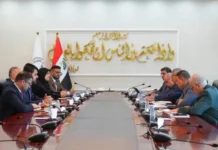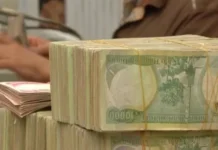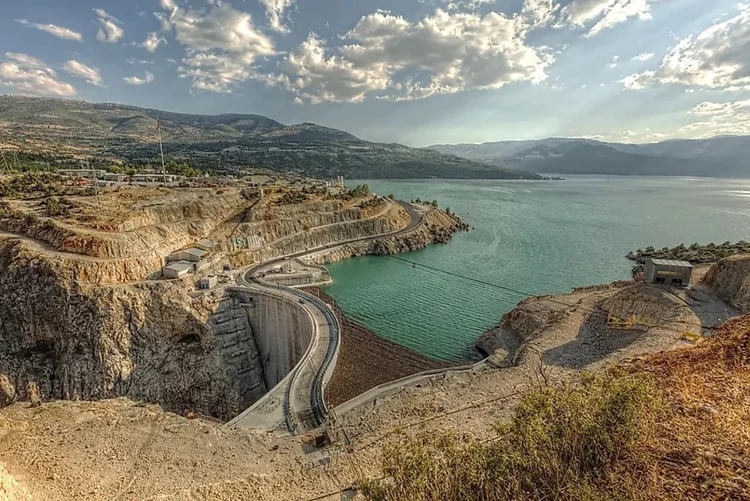
Turkey is depriving Iraq of the water it requires by failing to provide its fair share, particularly after constructing massive dams that have led to a decrease in the water levels of the two rivers. Such actions are deemed to be a breach of the law and a crime against humanity.
Specialists have confirmed that Iraq has the ability to take legal action against Turkey for the war it is waging. Turkey is using water as a weapon to achieve its goals against Iraq, resulting in disastrous consequences, particularly in the marsh areas that are already suffering from water scarcity and drought.
Shahid Al-Ghalbi, a former member of the dissolved Dhi Qar Governorate Council, has reported that 80% of drinking water projects are at risk of being halted due to the shortage of water in the secondary rivers that support them.
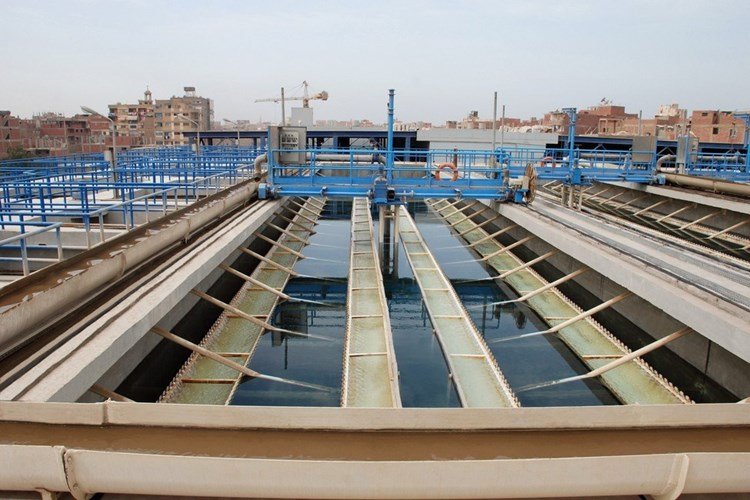
According to Al-Ghalbi’s statement to Al-Maalouma, the water situation in Dhi Qar governorate has become dire, with the marshes resembling a desert. As a result, the residents have been forced to migrate to the main cities of the governorate, as well as to Baghdad, Karbala, and Najaf, in search of work and a means of livelihood due to the scarcity of water.
He mentioned that the issue of water loss and scarcity was not confined solely to the marshes, but also affected the secondary rivers, particularly in the regions of Islah, Al-Fuhud, Al-Tar, and Souq Al-Shuyoukh.
According to him, the Irrigation Directorate of the Governorate has issued a warning stating that 80% of the drinking water projects will be halted due to water scarcity in the secondary rivers that those projects depend on.
According to Al-Ghalbi, the province is in a miserable state and neither the local nor federal government has provided any solutions.
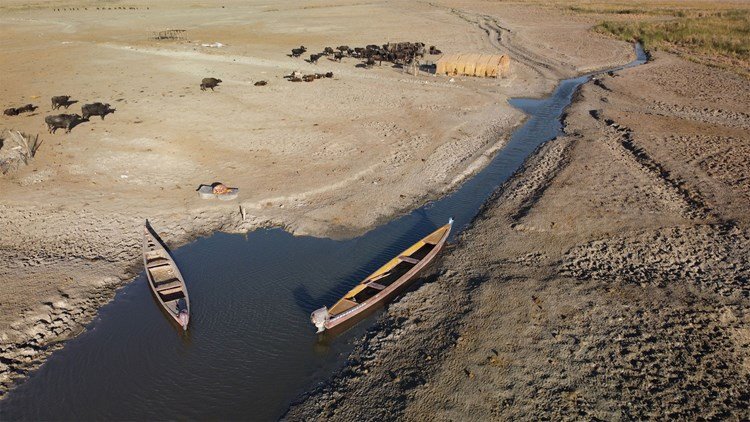
According to Thaer al-Jubouri, a member of the Parliamentary Agriculture Committee, the formation of a higher council for water distribution is long overdue. He believes that it should have been formed when there was abundant water to ensure a fair allocation among the governorates.
He added, “This record represents a grave risk to Iraq, and a more noteworthy danger than the psychological militant ISIS posses.”
He emphasized that millions of Iraqis residing in the central and southern regions are facing the negative effects of the crisis. Therefore, it is crucial for the government to quickly implement the decisions made by the Supreme Council for Water and closely monitor the situation with neighboring countries. He also cautioned that a potential disaster looms, which could impact the Iraqi people as a whole.
According to legal expert Ali Al-Tamimi, Iraq has the right to bring its case to the International Court of Justice. This was previously attempted in 1987 but rejected on the basis that Iraq does not benefit from the surplus water that flows into the Shatt al-Arab.
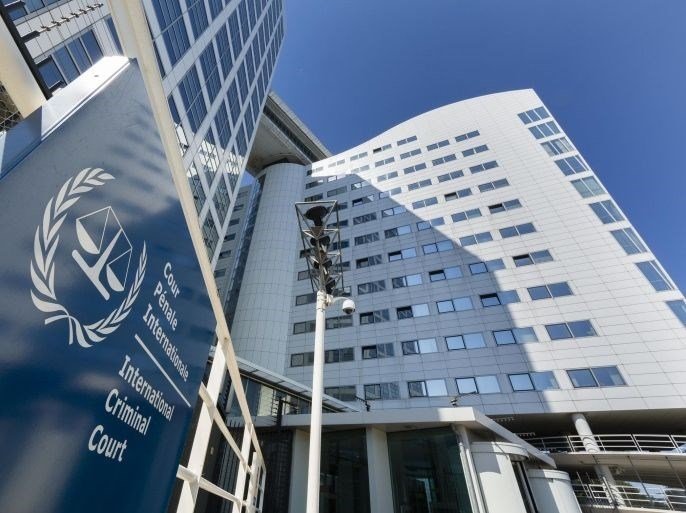
He stated that the current situation had changed, with Turkey constructing dams that have completely blocked water, which is a violation of international laws and agreements.
He suggested that Iraq could turn to international arbitration to settle disputes, as many countries have done so in the past, including China, the Philippines, Russia, Georgia, Qatar, and Bahrain. He noted that there are several reputable arbitration schools located in places such as Britain, France, the Emirates, and Cairo, making this the best course of action.
He emphasized that water wars are the most unethical of conflicts and are deemed as crimes against humanity. They give Iraq the opportunity to approach the United Nations and the Security Council to refer the case to the International Criminal Court.


